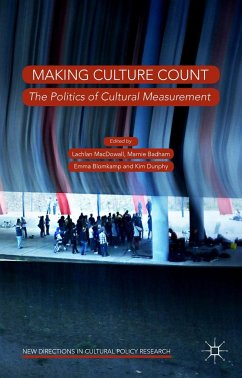
The Politics of War Commemoration in the UK and Russia

PAYBACK Punkte
33 °P sammeln!
This book analyses contemporary war commemoration in Britain and Russia. Focusing on the political aspects of remembrance, it explores the instrumentalisation of memory for managing civil-military relations and garnering public support for conflicts. It explains the nexus between remembrance, militarisation and nationalism in modern societies.














